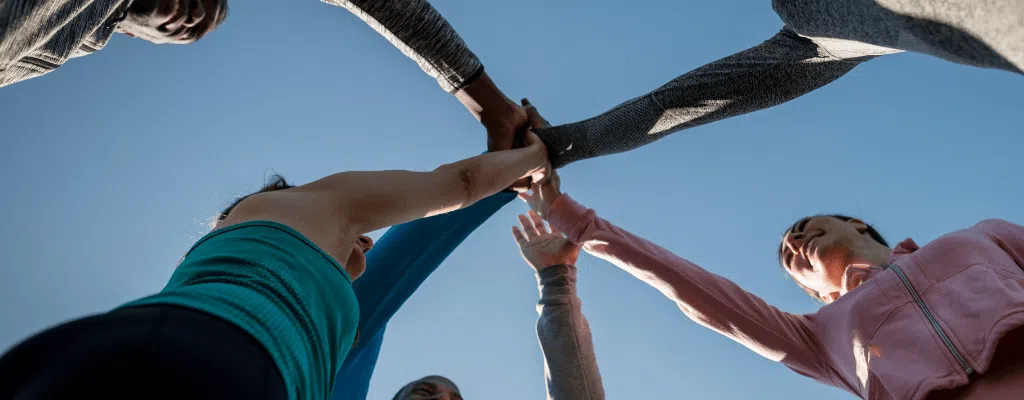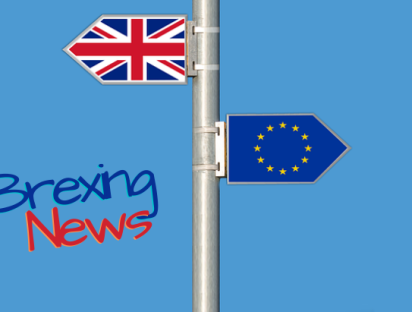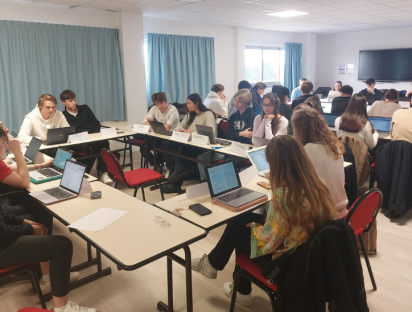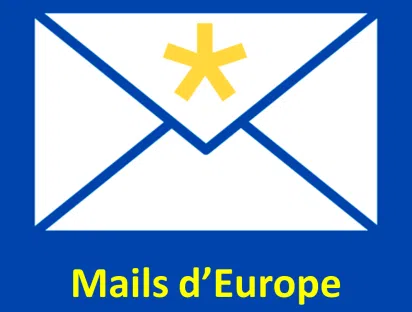 At a moment where the forthcoming Winter Olympics in Beijing raise serious questions about how sport is used by national governments as a tool in the service of their foreign policy, the ERASMUS+ project “Promoting a strategic approach to EU sport diplomacy” has released its final report with recommendations for the European Union’s potential as actor in this field. In the political arena of sport diplomacy, the European Union is an atypical newcomer. It is only since 2010 that it has been developing a common foreign policy, and it is only one year later that the Lisbon Treaty came into force, granting the Union new competences in the field of sport. In order to explore the potential of sport for European diplomacy, Commissioner Tibor Navracsics set up a “High-Level Group” in 2015, composed of twenty experts from academia and the international sport movement. Albrecht Sonntag, professor at the EU-Asia Institute at ESSCA, known for his work on the socio-cultural and political dimensions of football, was invited to join this reflexion group that was charged with formulating political recommendations for the European institutions.
At a moment where the forthcoming Winter Olympics in Beijing raise serious questions about how sport is used by national governments as a tool in the service of their foreign policy, the ERASMUS+ project “Promoting a strategic approach to EU sport diplomacy” has released its final report with recommendations for the European Union’s potential as actor in this field. In the political arena of sport diplomacy, the European Union is an atypical newcomer. It is only since 2010 that it has been developing a common foreign policy, and it is only one year later that the Lisbon Treaty came into force, granting the Union new competences in the field of sport. In order to explore the potential of sport for European diplomacy, Commissioner Tibor Navracsics set up a “High-Level Group” in 2015, composed of twenty experts from academia and the international sport movement. Albrecht Sonntag, professor at the EU-Asia Institute at ESSCA, known for his work on the socio-cultural and political dimensions of football, was invited to join this reflexion group that was charged with formulating political recommendations for the European institutions.
Three main orientations for the integration of sport into the diplomatic portfolio

What concrete impact of this research?
The result of this engagement with politics is mitigated: some ideas are very slow to impose themselves, on others there have been fast and encouraging progress. Some recommendations from the first report were swiftly adopted by the Conclusions of the European Council at the end of 2016, a catalogue of good practices was published by the Commission in 2018, some development and cooperations across the world have integrated sport as a tool following the High-Level Group’s recommendations, and the Portuguese EU presidency in early 2021 organised a large conference on sport diplomacy to which Albrecht Sonntag was invited to contribute a keynote speech. The most important impact of this research? The access for third countries – most notably in the Western Balkans – to EU funding of sport-related projects conducted by civil society actors was greatly facilitated in ERASMUS+. Strongly recommended in 2016, implemented in 2018, with concrete results as of 2020 – a modest, but meaningful achievement!
The project was led by Edge Hill University (represented by Professor Richard Parrish). Project partners were the Universidad Carlos III Madrid, The University of Rijeka, Faculty of Law, the TMC Asser Institute, ESSCA, Université Catholique de Louvain and the Macedonian NGO TAKT (Together Advancing Common Trust); associate partner: the Enlarged Partial Agreement on Sport (EPAS) from the Council of Europe.




